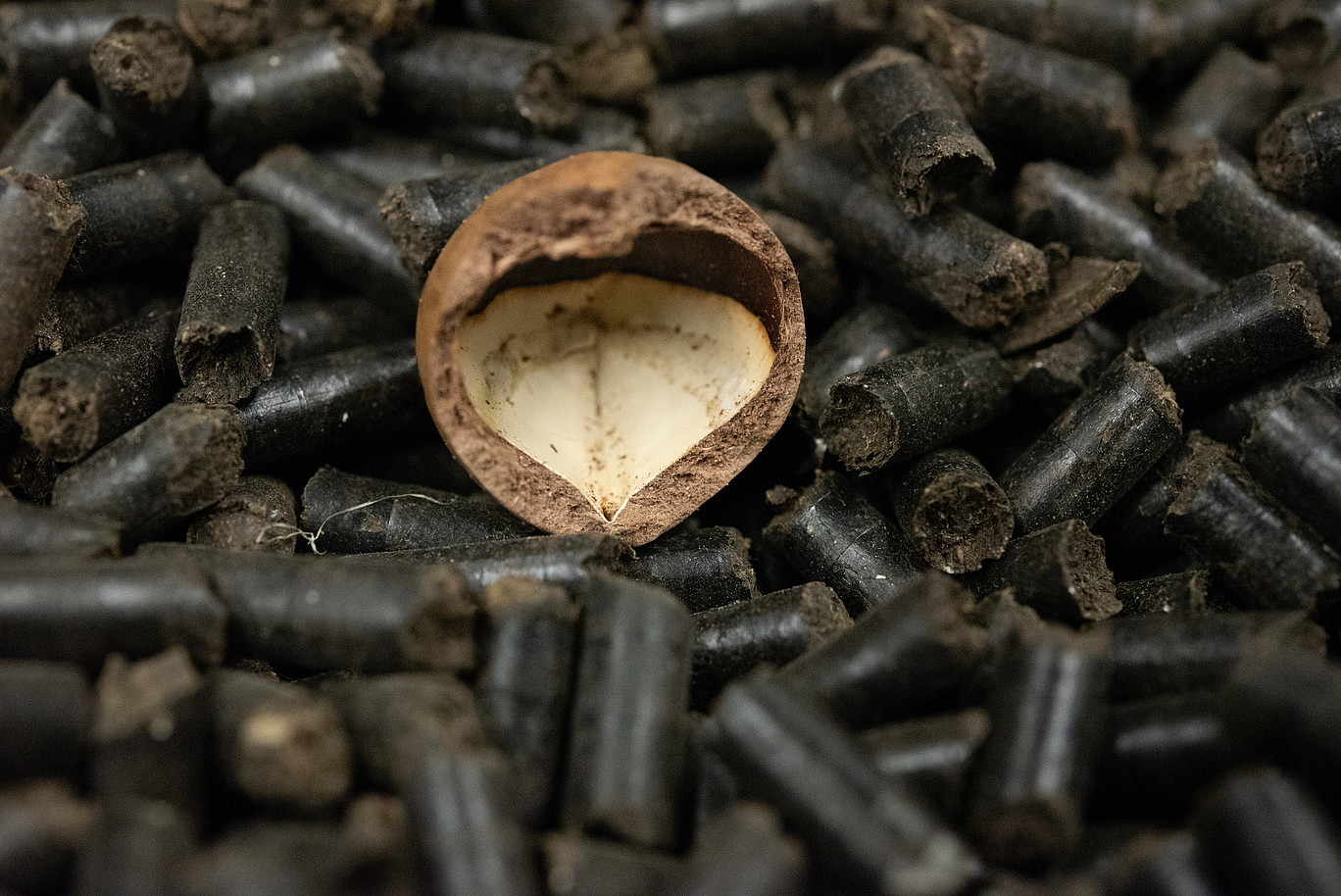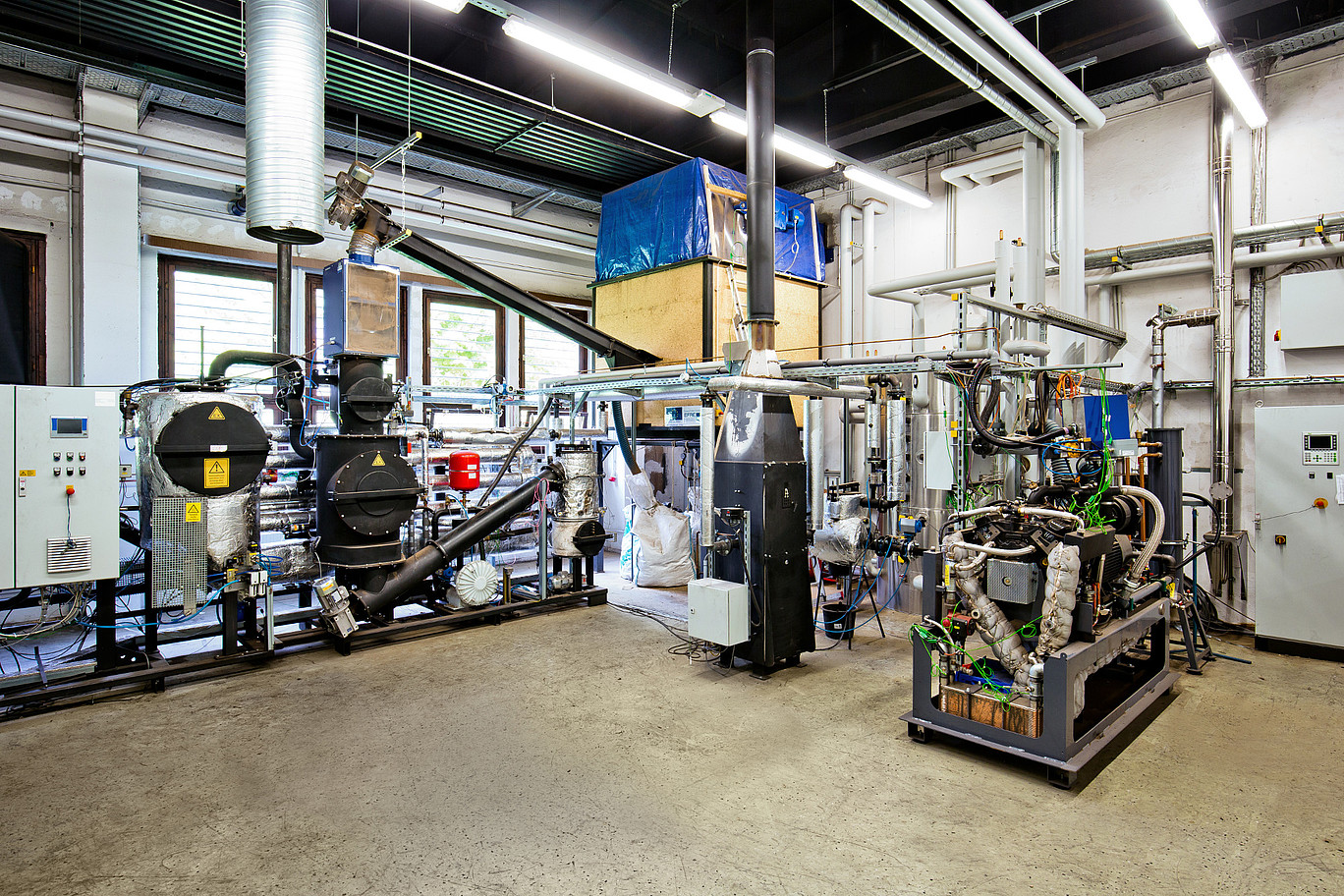
In this department we concentrate on analysis, simulation and optimization of conventional power plants and thermochemical conversation plants. The corresponding fuel spectrum reaches from conventional lignite and coal as well as replacement fuels to renewable bio mass and biogenic byproducts.
Our working fields cover material and energetic balancing, thermodynamical and operational assessment as well as simulation of processes in power plants. The scale reaches from major power plants to smaller, biomass-based facilities or cogeneration units. Within the scope of process analysis and simulation we use statistical methods and mathematical algorithms besides thermodynamic and thermohydraulic models.
In addition to the detailed analysis and evaluation of a wide variety of fuels with regard to their application behavior, our investigations also focus on the complication analysis and condition monitoring of the energy plants that convert these fuels. In combustion plants, for example, slagging and fouling of heating surfaces and heat transfer but also pollutant emissions and corrosion of heating surfaces have to be analyzed.
In order to be able to investigate the energy conversion processes and the associated equipment in the laboratory, we have a large number of test rigs, e.g. various incineration and drying plants and a complete small cogeneration plant. These are equipped with comprehensive measurement technology, which enables us to record the phenomena under investigation in detail.
A system of radiometric temperature measurement has been developed in the department for the monitoring and operational management of steam generator furnaces.

Process diagnosis and operational optimisation in power plant technology
Complication analysis and condition monitoring of furnace systems
Modeling and simulation
Data analysis, modeling and optimisation of energy conversion processes
Assessment of combustion behavior of fuels
High-temperature measurement methods for fuels
